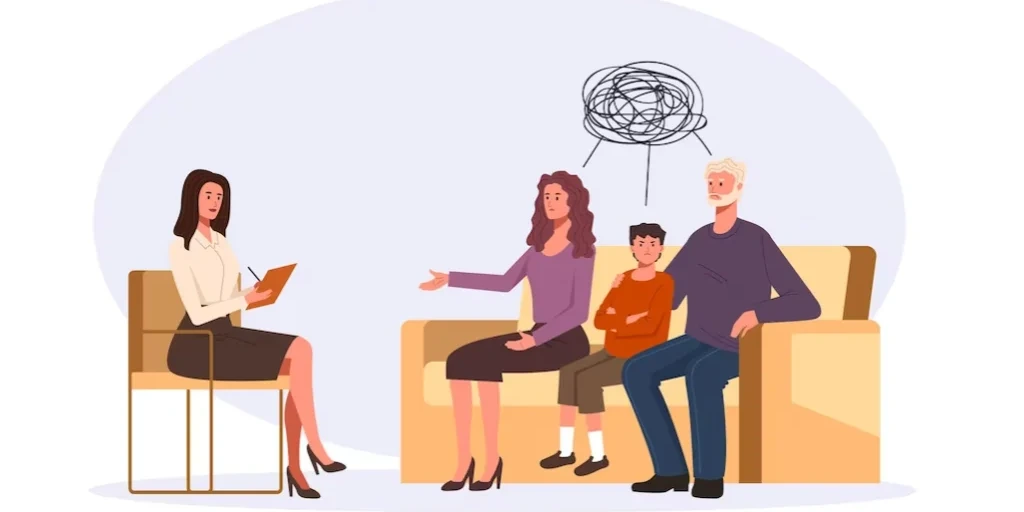24/7 Helpline:
(866) 899-111424/7 Helpline:
(866) 899-1114
Learn more about Group Therapy centers in Twig

Other Insurance Options

Optum

BlueCross

EmblemHealth

Aetna

CareSource

Ceridian

Holman Group

UnitedHealth Group

BlueShield

Group Health Incorporated

BHS | Behavioral Health Systems

Premera

MVP Healthcare

Providence

PHCS Network

Molina Healthcare

Horizon Healthcare Service

Sutter

Magellan Health

Oxford











